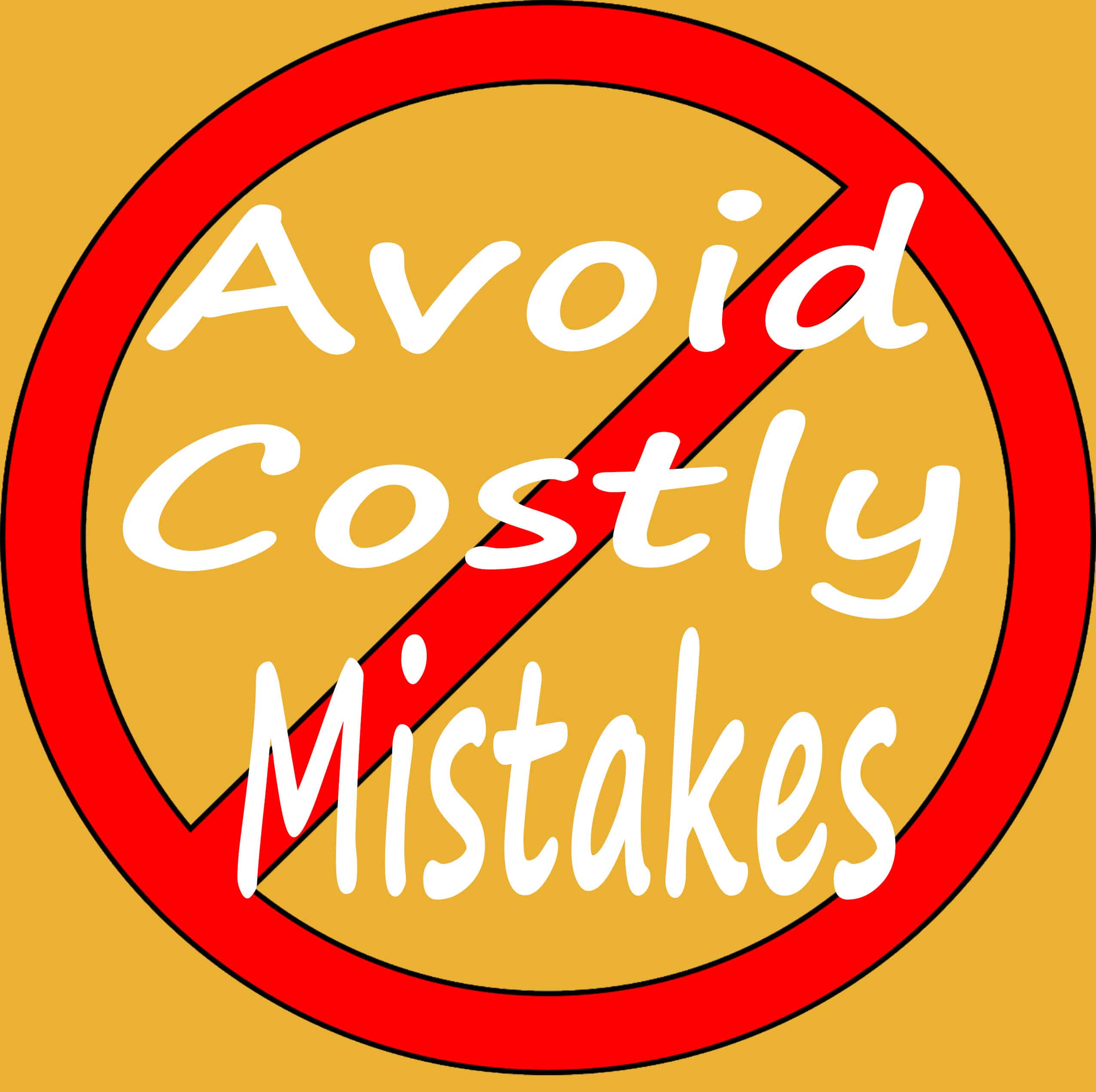Get Your Tax Certificate NOW: Avoid This Costly Mistake!
Meta Title: Tax Certificate: Don’t Delay & Avoid Penalties!
Meta Description: Learn why getting your tax certificate is crucial. Discover common mistakes, how to get yours, and avoid costly penalties. Get informed today!
Introduction
Tax season can be a stressful time, filled with paperwork and deadlines. One of the most critical documents you’ll need, regardless of your income level or tax bracket, is your tax certificate. Often overlooked until the last minute, the failure to obtain and utilize this seemingly simple document can lead to a cascade of problems, including delayed refunds, penalties, and even legal complications. This article will delve into the importance of your tax certificate, explain how to get it, and highlight the costly mistakes you can avoid by taking proactive action. We’ll explore the benefits of early preparation and equip you with the knowledge to navigate tax season with confidence.
What is a Tax Certificate and Why Do You Need It?
Your tax certificate serves as official confirmation of your income and the taxes withheld from it during a specific tax year. It’s issued by your employer (in the case of employment income), financial institutions (for interest earned), or other relevant entities. This document is essential for accurately filing your tax return and claiming any eligible deductions or credits.
Think of it like a receipt for the taxes you’ve already paid. It allows you to reconcile what you’ve paid throughout the year with your total tax liability, as determined by your income and deductions. Without it, you’re essentially flying blind when filing your taxes.
Key Uses of a Tax Certificate:
- Tax Filing: The primary purpose is to facilitate accurate tax return filing.
- Claiming Deductions & Credits: It provides the necessary information to claim various deductions and credits, like those for charitable donations or dependent care.
- Verification: Tax authorities use it to verify the income reported on your return.
- Loan Applications & Financial Planning: It can be requested by lenders or financial institutions to assess your financial stability.
H2: The Costly Mistakes of Delaying or Ignoring Your Tax Certificate
Procrastinating on your tax certificate can lead to several avoidable headaches. Let’s explore the most common and costly pitfalls:
H3: Missed Deadlines and Penalties
- Delayed Tax Filing: Without your tax certificate, you can’t accurately complete your tax return. This can lead to filing delays, and the longer you delay, the more likely you are to miss the filing deadline.
- Late Filing Penalties: Tax authorities impose penalties for late filing, which can range from a percentage of your unpaid tax liability to a flat fee. The specific penalty depends on your jurisdiction and the length of the delay. (See the IRS website or your local tax agency for specific details).
- Interest on Unpaid Taxes: If you owe taxes, late filing often results in accruing interest on the unpaid amount.
H3: Inaccurate Tax Returns and Potential Audits
- Incorrect Income Reporting: Without accurate income information from your tax certificate, you might misreport your income, potentially underreporting it. This can trigger an audit.
- Missing Deductions & Credits: You might miss out on valuable deductions and credits if you don’t have the necessary information from your certificate.
- Audit Risk: Filing an inaccurate return increases your risk of being audited by the tax authorities. An audit can be time-consuming, stressful, and potentially lead to additional taxes, penalties, and interest.
H3: Delays in Receiving Your Tax Refund
- Return Rejection: If your return is incomplete or contains errors, it might be rejected by the tax authorities, delaying your refund.
- Verification Process: Even if your return is initially accepted, the tax authorities might need to verify the information on your certificate, which can delay the processing of your refund.
- Lost Opportunities: A delayed refund can hinder your ability to use the funds for your financial goals, such as paying down debt or investing.
H2: How to Get Your Tax Certificate – A Step-by-Step Guide
Obtaining your tax certificate is generally a straightforward process, but it’s crucial to understand the specifics based on your income sources.
- Employment Income (W-2 Form in the US, T4 in Canada, P60 in the UK): Your employer is legally required to send you your tax certificate (W-2, T4, P60, etc.) by a specific deadline (usually January 31st in the US and Canada, and by the end of May in the UK). If you haven’t received it by the deadline, contact your employer’s payroll department immediately. They can resend it or provide instructions for accessing it online.
- Self-Employment Income (1099-NEC in the US): If you are self-employed, businesses that paid you $600 or more during the year are required to send you a 1099-NEC (or another relevant 1099 form) by the end of January.
- Investment Income (1099-INT, 1099-DIV, etc.): Financial institutions like banks and brokerage firms will send you tax certificates for interest, dividends, and capital gains.
- Other Income Sources: Other sources of income, such as unemployment benefits or Social Security benefits, will also have corresponding tax certificates.
H2: Proactive Steps to Take Today
Don’t wait until the last minute! Here’s how to prepare and ensure you get your tax certificate promptly:
- Update Your Address: Verify that your address on file with your employer, financial institutions, and other relevant entities is current. This ensures that your tax certificates are sent to the correct address.
- Create a Filing System: Set up a system to organize your tax documents as you receive them. This can be a physical file or a digital folder on your computer. (Consider using a cloud-based storage service for secure accessibility.)
- Monitor Your Mail and Email: Regularly check your mail and email for tax certificates.
- Contact Relevant Parties Early: If you haven’t received a tax certificate by the deadline, contact the issuer immediately. Don’t delay.
H2: Where to Find Additional Help and Resources
- Tax Professionals: Consider consulting a tax professional, such as a Certified Public Accountant (CPA) or a tax preparer, for personalized advice. They can help you understand your tax obligations and ensure you’re claiming all eligible deductions and credits. [Link to a reputable tax professional directory, e.g., the AICPA directory].
- Government Websites: Visit the website of your local tax authority for official forms, instructions, and information. (e.g., [Link to the IRS website], [Link to the Canadian Revenue Agency], [Link to the UK Government Tax website]).
- Tax Preparation Software: If you plan to file your taxes yourself, consider using reputable tax preparation software. These programs guide you through the process and help you avoid common mistakes. [Link to a comparison of popular tax software options].
Conclusion
Obtaining your tax certificate is not just a formality; it’s a fundamental step in ensuring accurate tax filing and avoiding potentially costly errors. By understanding the importance of this document, proactively gathering your certificates, and taking steps to avoid common pitfalls, you can navigate tax season with greater confidence and financial security. Don’t delay – get your tax certificate NOW to protect yourself from penalties, delays, and unnecessary stress. Taking control of your tax obligations is a crucial part of responsible financial planning.




